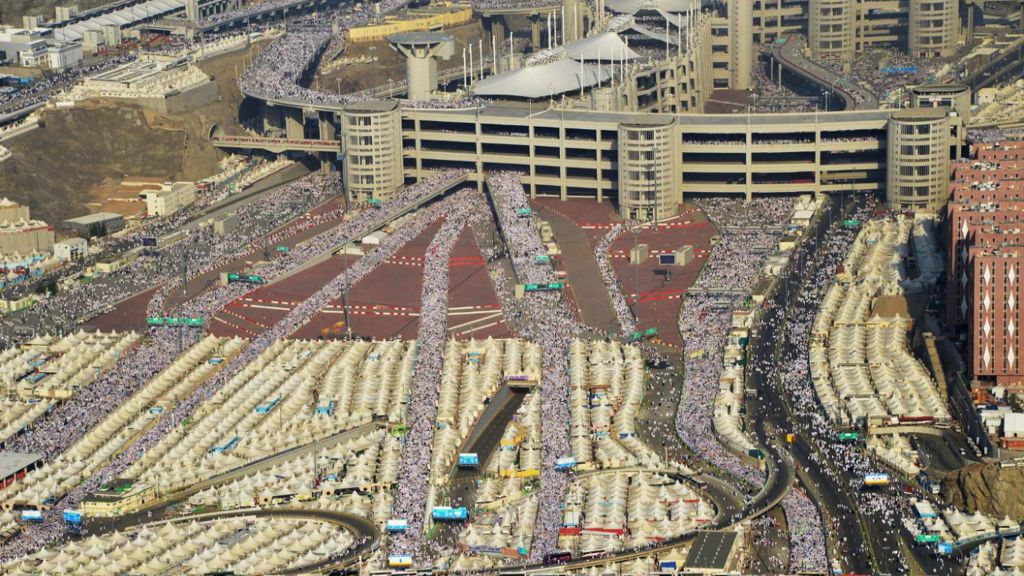Dammam– As the Hajj season approaches, 176 central kitchens are preparing to offer their services and cater to the needs of all pilgrims of different nationalities, with investments in Hajj ration sector reaching $133.3 million, according to ration companies spokesperson Ahmed al-Sharif.
The central kitchens have the capability of providing 2.64 million meal every year with demand for meals in the Holy Sites reaching tens of million including three meals a day for a duration of five days.
Sharif told Asharq Al-Awsat newspaper that the problem with the ration sector is that it lacks institutionalization. He explained that despite the large amount of required work, all kitchens work individually whereas institutional organization could organize more the provided services.
During Hajj and Umrah, ration is estimated to be $320 million in value, according to Sharif.
The spokesman added that he provided a plan to invest and develop kitchens into one central kitchen consisting of three parts: cooking, storage, and a break room for workers.
Sharif stated that their biggest issue is not being officially supported, which could ensure providing quality and high-level services.
Last week, Quality Control and Institutional Excellence Management representing Makkah Municipality held a conference entitled: “Food Safety during Hajj”. The conference was attended by a number of experts, ration companies, and the food industry.
Mayor of Makkah Osama al-Bar stated that the conference represents the development reached in offering distinguished services and high-quality meals.
Bar said that Hajj season requires special kind of services and high-level quality.
The conference also discussed the nutritionist values and quality international standards. The attendees also covered the role of private sector and its contribution in providing food to pilgrims.
